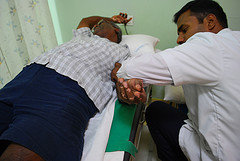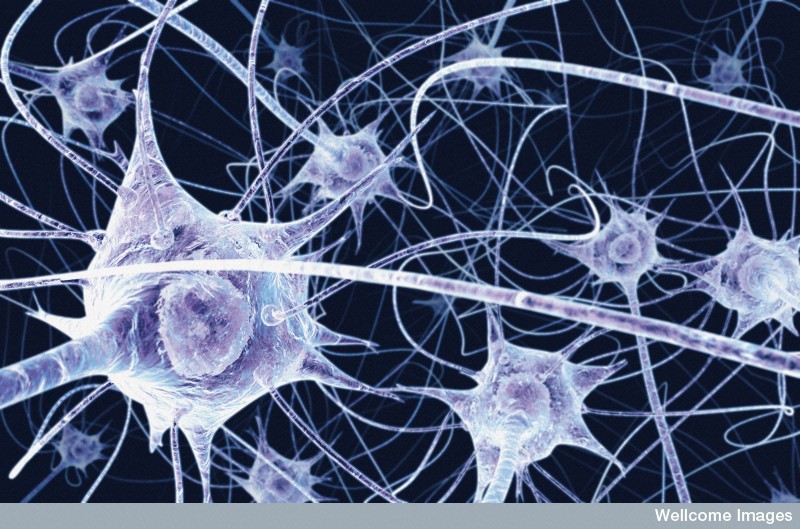Other non-drug treatment therapies
 There are other therapies involved in the treatment of Parkinson’s disease which neither involve surgical procedures or drug treatment. Such therapies work to improve the social issues associated with the disease and through this to improve the quality of life of a Parkinson’s sufferer. Examples of such treatments are simple advice, occupational therapy, speech therapy and physiotherapy.
There are other therapies involved in the treatment of Parkinson’s disease which neither involve surgical procedures or drug treatment. Such therapies work to improve the social issues associated with the disease and through this to improve the quality of life of a Parkinson’s sufferer. Examples of such treatments are simple advice, occupational therapy, speech therapy and physiotherapy.
- Physiotherapy can be used in an attempt to improve stance, gait and mobility abnormalities associated with Parkinson’s disease. In such sessions there would be emphasis put on correct posture and the relearning of walking patterns in order to reduce chance of falls and increase a patients mobility. The treatment helps in keeping joints mobile and to maintain strength in muscles therefore improving dyskinesias. Simple acitivties such as standing from sitting position can be assessed and a patient taught how best to centre their body weight to prevent injury.
- Occupational therapy involves the continual assessment and modification of the surroundings of an individual, in doing say making necessary modifications to achieve an optimal living and working environment. Advice would be given on adaptive equipment for use around the house and place of work, through doing so decreasing risk of falls and consequent injury.
- There are also further therapies which help with sexual dysfunction, such as the use of Viagra, dietary modifications can be made in order to relieve some symptoms, an example being a protein redistribution diet. Finally any form of physical exercise is greatly recommended in sufferers of Parkinson’s disease and tricks can be learnt in order to prevent freezing and falling upon turning around, both symptoms of which are frequently associated with the disease.
